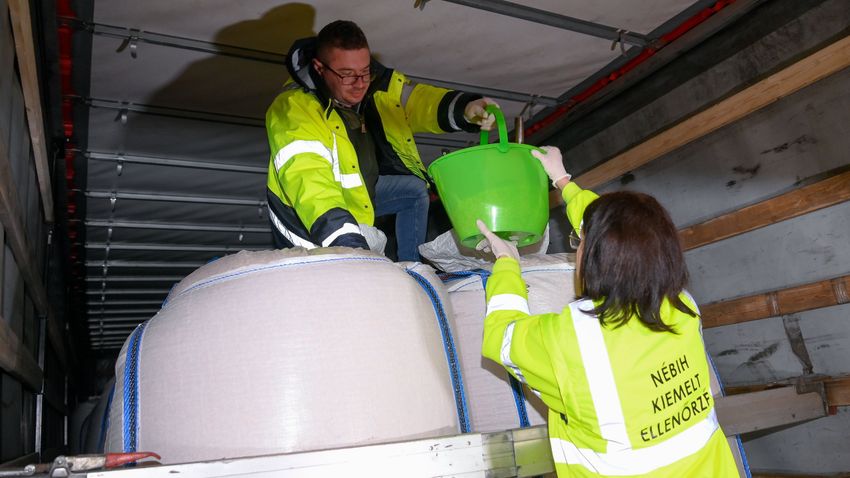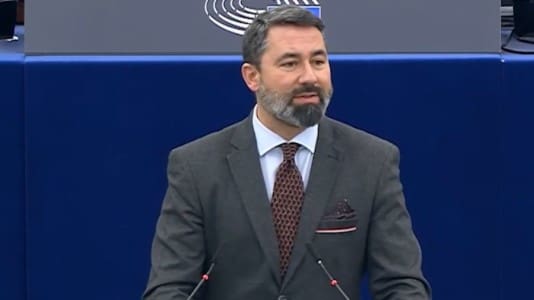Back in the good old days, when our country was just being lured into the European Union, there was a lot of talk about national and EU competencies. The question was how much of our sovereignty would be compromised if we sometimes supported common economic measures, and whether we would retain our autonomy in political, economic and cultural decision-making.
The most important lesson of the last 20 years is that the national room for maneuvering guaranteed by law has been reduced, and the EU leadership, with the European Commission at its head, is trying to turn the federation of independent, sovereign states into a United States of Europe by every possible means.
There is no reason to believe there is a different trajectory at this point. What is one to think, after all, when the Polish and Hungarian governments, which are protesting against the import of Ukrainian grain, are being admonished from Brussels in an illegitimate manner? If this were the first time such a sham claim had occurred, we might not even mention it. However, when we hear — and I quote — that the Poles and Hungarians are not free to decide about Ukrainian grain imports because trade policy is a matter for the EU, then all arguments that relate to reality are increasingly meaningless.
It is high time to say that the importance of independent decision-making by member states — supported and reinforced by hundreds of specific cases — is being trampled underfoot by those who claim to believe in the importance of fair relations between nations. Despite claims from the EU, there is no single governing imperative; that is just a bogus argument.
We have been in the Comecon, the Soviet Union’s Council for Mutual Economic Assistance, and we do not want to work and trade in the shadows again. We already have plenty of experience with economic subordination. Instead, the Hungarian government took the initiative and imposed a temporary ban on imports of major cereals from Ukraine and agricultural products after a lack of EU action left Hungarian farmers vulnerable to the market situation. In other words: It is our farmers who must be protected, not the new customary law of submitting to Brussels’ ideas and its willingness to destroy our own agriculture.
Anyone who does not understand all this in Brussels, Kyiv or anywhere else in the world needs to be reminded of their own protectionism, because the independent marketing and trade of domestic products is a fundamental principle everywhere in the world. In 2023, free trade will largely be promoted by those big businesses and multinationals who have long since conquered the world market, while the poorer countries will be looking for a great power patron and buyer of their goods.
Ukraine is apparently well on the way to scattering the rest of its national wealth to the winds, but that is their business, and ours is to ensure that Hungarian farmers are not disadvantaged simply because someone, somewhere, has decided to collectivize European agriculture. We are not asking for this. We do not want Ukrainian grain, just as we do not want anything else that our warehouses are full of, that we produce a lot of, that we do and will compete in.
It is also worth noting that, while Polish-Ukrainian political-military cooperation is uninterrupted, Warsaw is not joking when it comes to grain. This case has clearly shown that interests always take precedence over ideology, and Brussels should finally realize this. If only because, if trade discipline were to be relaxed and the Eastern European agricultural production loosened, Western investors themselves would inevitably suffer heavy losses. That, as we know, is also very painful for business interests close to the EU, and if their wallets are being emptied, then the gloves come off.





